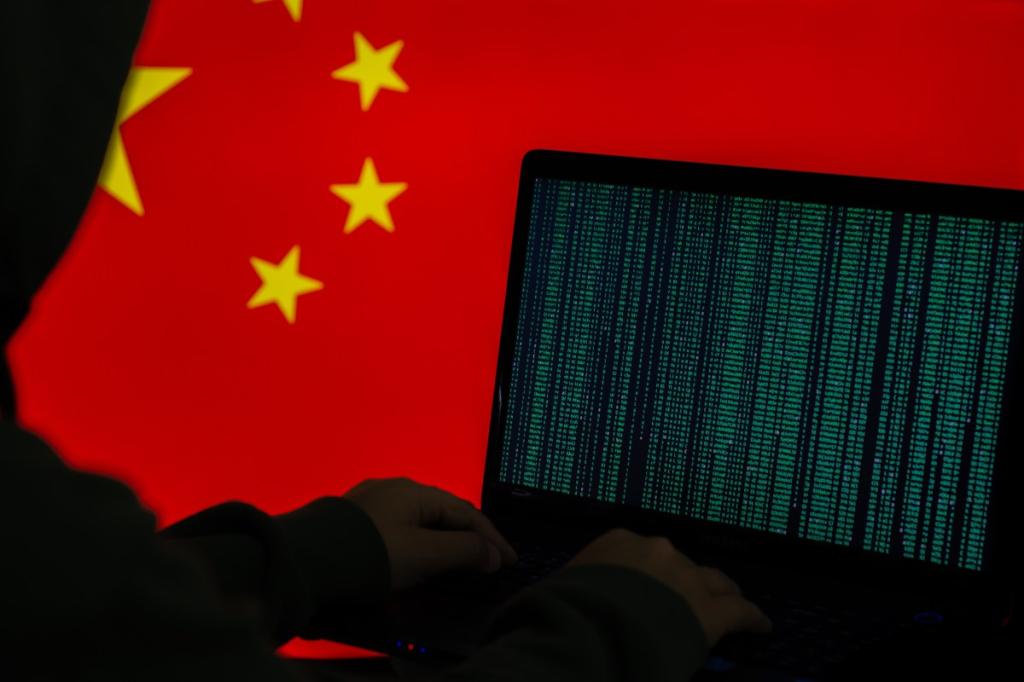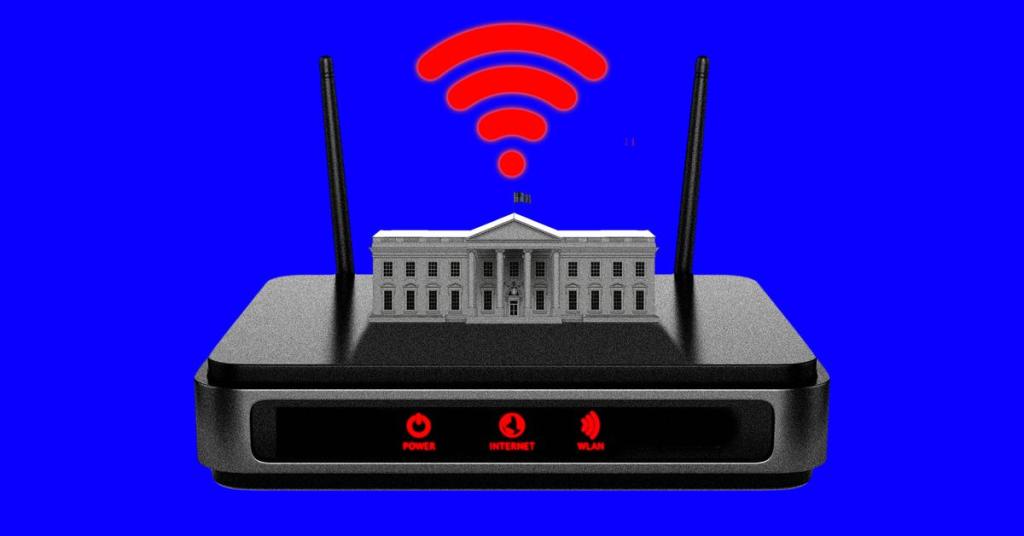Japan Airlines Cyberattack Highlights Need for Better Security
Japan Airlines' recent cyberattack underscores the critical need for enhanced cybersecurity measures in the aviation industry to protect travelers and maintain trust.
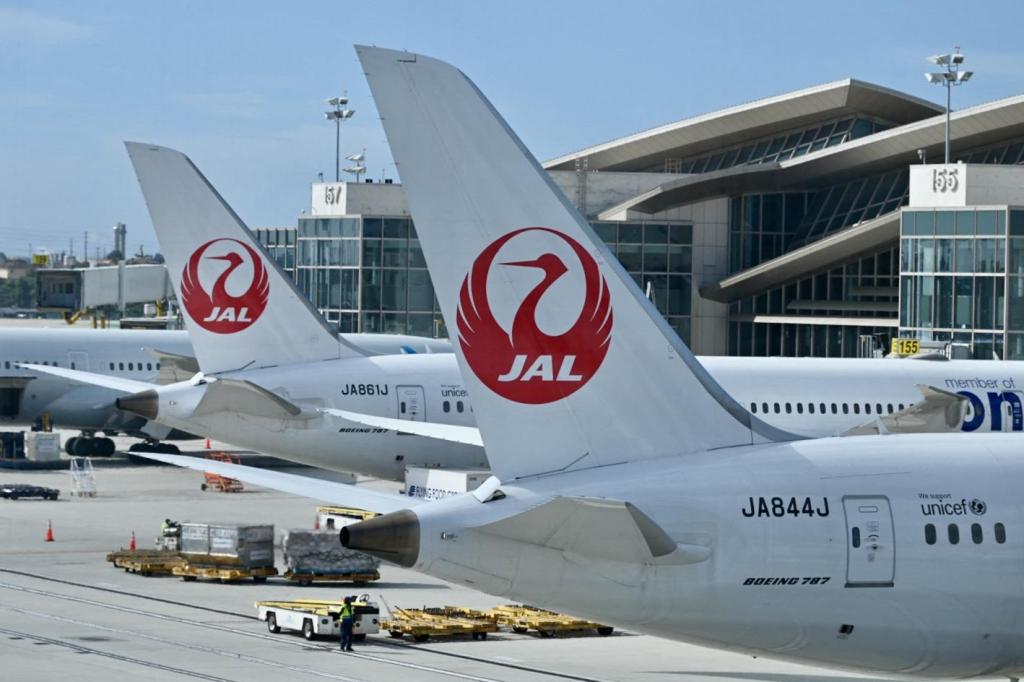
Key Points
- Japan Airlines
faced significant flight disruptions due to a cyberattack, highlighting vulnerabilities in its operational systems.
- The airline acted quickly by isolating affected systems and halting ticket sales, ensuring passenger safety was not compromised.
- This incident emphasizes the urgent need for airlines to strengthen their cybersecurity measures to protect against evolving digital threats.
On December 26, 2023, Japan Airlines (JAL) was forced to react swiftly to a significant cyberattack that disrupted its operations, impacting both domestic and international flights. While the airline confirmed that flight safety was not compromised, the repercussions were felt by thousands of travelers during a peak holiday season. This incident raises critical questions about the preparedness of airlines against cyber threats.
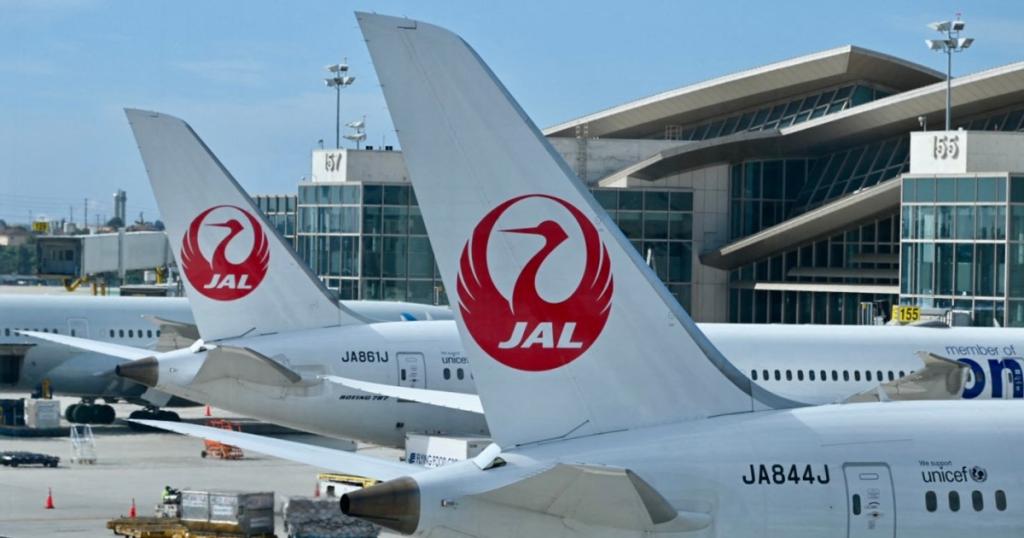
The Details of the Incident
The disruption began early Thursday morning at approximately 7:24 AM, when JAL's network system—integral for internal communication and external operations—experienced malfunctions. Reports indicated that this could potentially have been a distributed denial-of-service (DDoS) attack, wherein hackers overwhelm network systems with excessive data requests from multiple sources.
As a result of the cyberattack, JAL experienced delays impacting 24 domestic flights, with some reports indicating waiting times exceeding 30 minutes. This impact was particularly concerning as it coincided with the increase in travel stemming from the New Year celebrations, a time when millions travel across Japan.
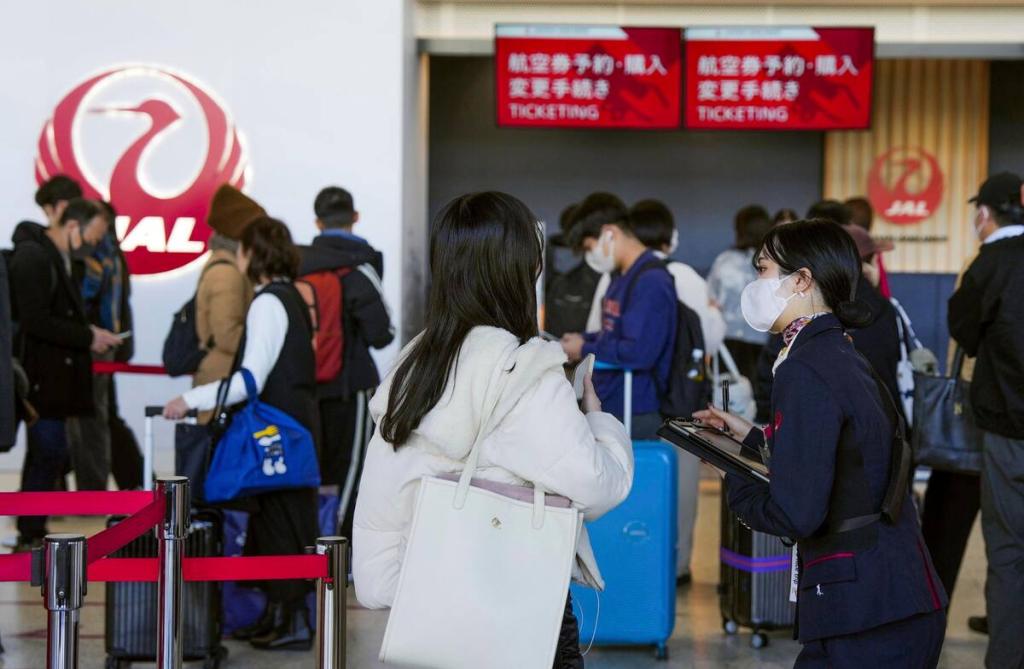
Immediate Responses and Recovery Efforts
Japan Airlines acted proactively, isolating the affected router by 8:56 AM, and promptly suspending ticket sales for both domestic and international flights. This prompt response is crucial in maintaining customer trust, particularly in the aviation sector where safety and efficiency are paramount.
Chief Cabinet Secretary
emphasized the importance of swift action in such situations, urging JAL to expedite system restoration and provide support to the affected passengers. Fortunately, other airline carriers, including
(ANA), reported no disturbances to their operations.
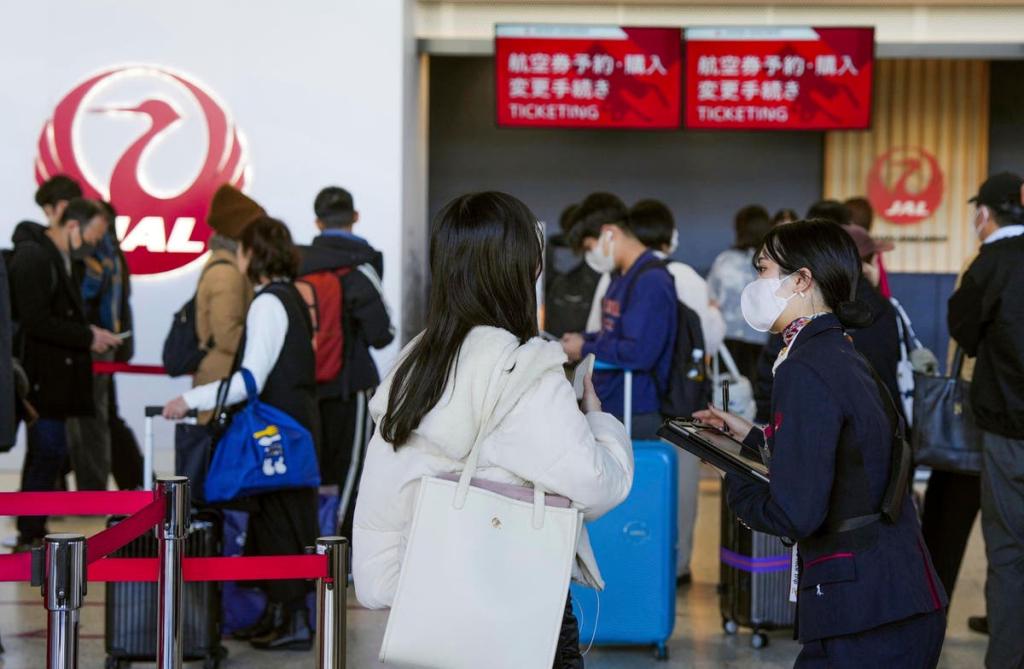
The Cybersecurity Landscape in Japan
This incident isn't an isolated one; Japan’s cybersecurity infrastructure faces continual threats. In the past year alone, multiple businesses and government agencies have reported incidents of cyber breaches, exemplified by notable cases such as the attacks on Japan's space agency and Nagoya Port, underscoring the immediate need for robust cybersecurity measures.
To navigate these emerging threats, organizations must be proactive rather than reactive. Regularly updating security protocols, conducting employee training, and engaging in simulations to prepare for possible attacks can significantly improve resilience against cyber threats. This situation serves as a pertinent reminder for organizations across industries to enforce stringent cybersecurity measures.
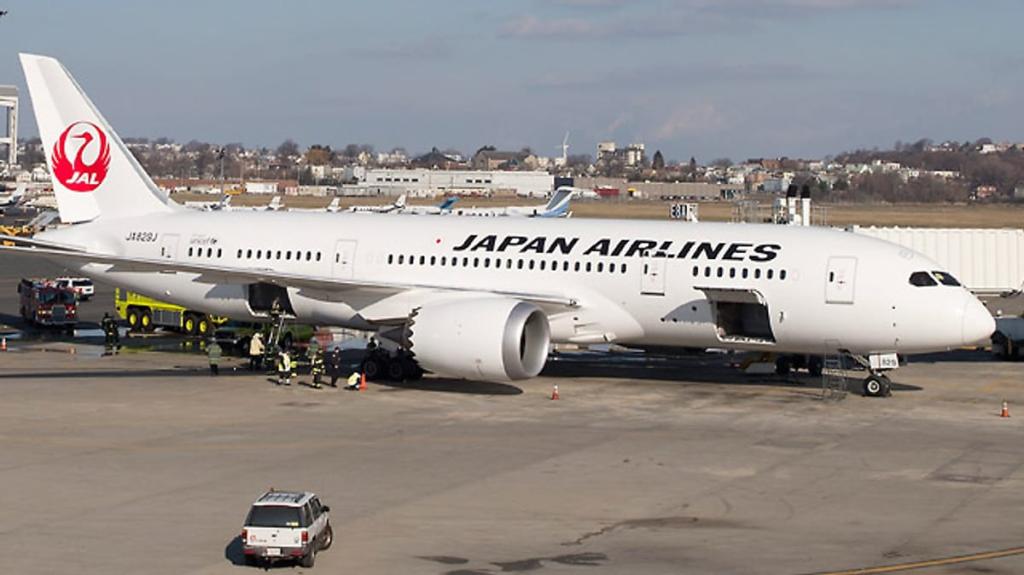
Looking Ahead: The Importance of Preparedness
For airlines like Japan Airlines, the balance between operational efficiency and robust cybersecurity must be prioritized. The impact of a cyberattack not only affects daily operations but can also result in long-lasting repercussions regarding public confidence. Ensuring systems are secure and resilient against potential threats will be essential moving forward.

In conclusion, the cyberattack on Japan Airlines exemplifies the evolving challenges that companies face in today's digital age. While JAL managed to contain the immediate impacts and ensure passenger safety, the incident emphasizes the necessity for continuous improvement in cybersecurity practices across the aviation sector and beyond. By investing in advanced cybersecurity measures, organizations can foster a safer environment for their operations, ultimately protecting their customers and maintaining their reputation.

